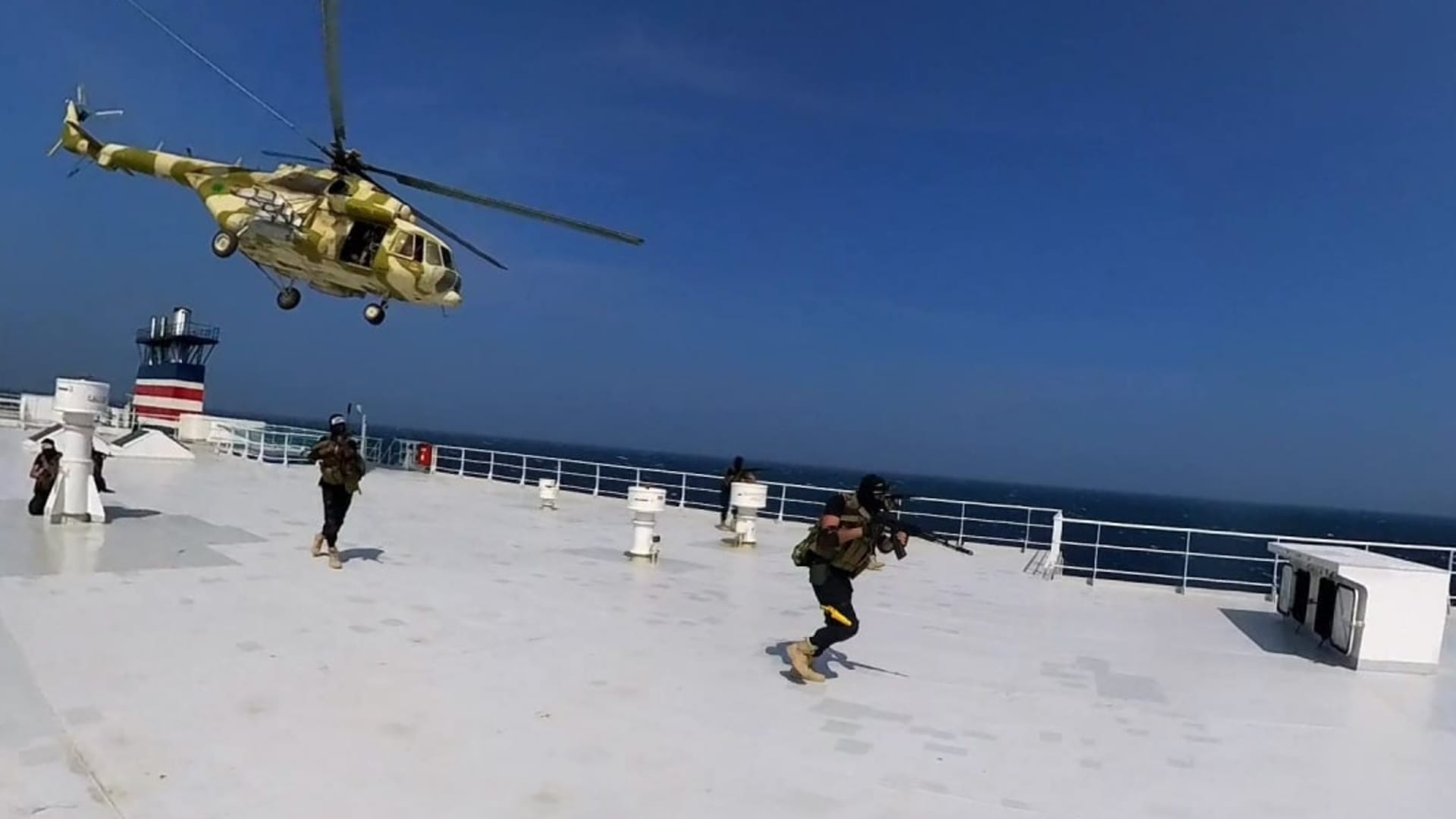PKK in northern Iraq not on the agenda anymore
The U.S. officials repeatedly assured Ankara that they would not let a terrorist camp that threatened Turkey to exist in northern Iraq. They even said: "You can help by passing an amnesty. Armed militants in the mountains would disperse if they are assured they would not be going to jail. When their number dwindles, we will apply significant pressure."
However, neither did the U.S. keep its word, nor did Turkey have the courage to pass an amnesty.
Meanwhile, PKK militants are killing time in the mountains, while watching their armed movement lose support and the Democratic People’s Party (HADEP) dividing among itself.
In summary, the issue of the PKK presence in northern Iraq has been put on hold.
Why isn’t the U.S. making a move?
According to information provided by U.S. officials close to the matter, they have more urgent problems.
Intensification of the civilian uprising in Iraq and most of the U.S. forces in that country being involved to quell the disturbances.
"All our resources are tied elsewhere. We don’t have the necessary forces. We have other important matters we have to attend to," said a U.S. diplomat, noting that the PKK issue had dropped down the list of their duties.
It is estimated that the PKK has between 4-6,000 militants in the Kandil Mountains and a force of around 10-15,000 is needed to eliminate the camp. "The present conditions in Iraq prevent us from sending the necessary force over there," said an official.
Another reason is that the governing of the country will be transfered to Iraqis on June 30. The U.S. troops will still be involved in daily affairs. In other words, U.S. will still have the last say, but the government structure will change. This also prevents any intervention in northern Iraq.
Some say: "Let’s see what the new government will say about it."
What are Turkish Special Forces doing?
The most important matter for Turkey after the transfer of government in Iraq on June 30 will be the status of the Turkish Special Forces presence in northern Iraq.
What the U.S. says will no longer be the law. Even though they will still wield significant influence, the U.S. will not be able to ignore the new government.
If the new government turns to Turkey and says: "There is no need for your special forces anymore. Please withdraw them," Ankara will be faced with two options.
I will not pull back as long as the PKK maintains a camp in the Kandil Mountain. Eliminate it and then we will withdraw.
If the U.S. doesn’t support Turkey’s stance and if it doesn’t want to answer Kurdish pressure with arms, it will withdraw.
According to U.S. officials, Turkish Special Forces in northern Iraq are only involved in intelligence gathering. There is no conflict between them and the U.S. and Kurdish forces.
This is the latest situation…

